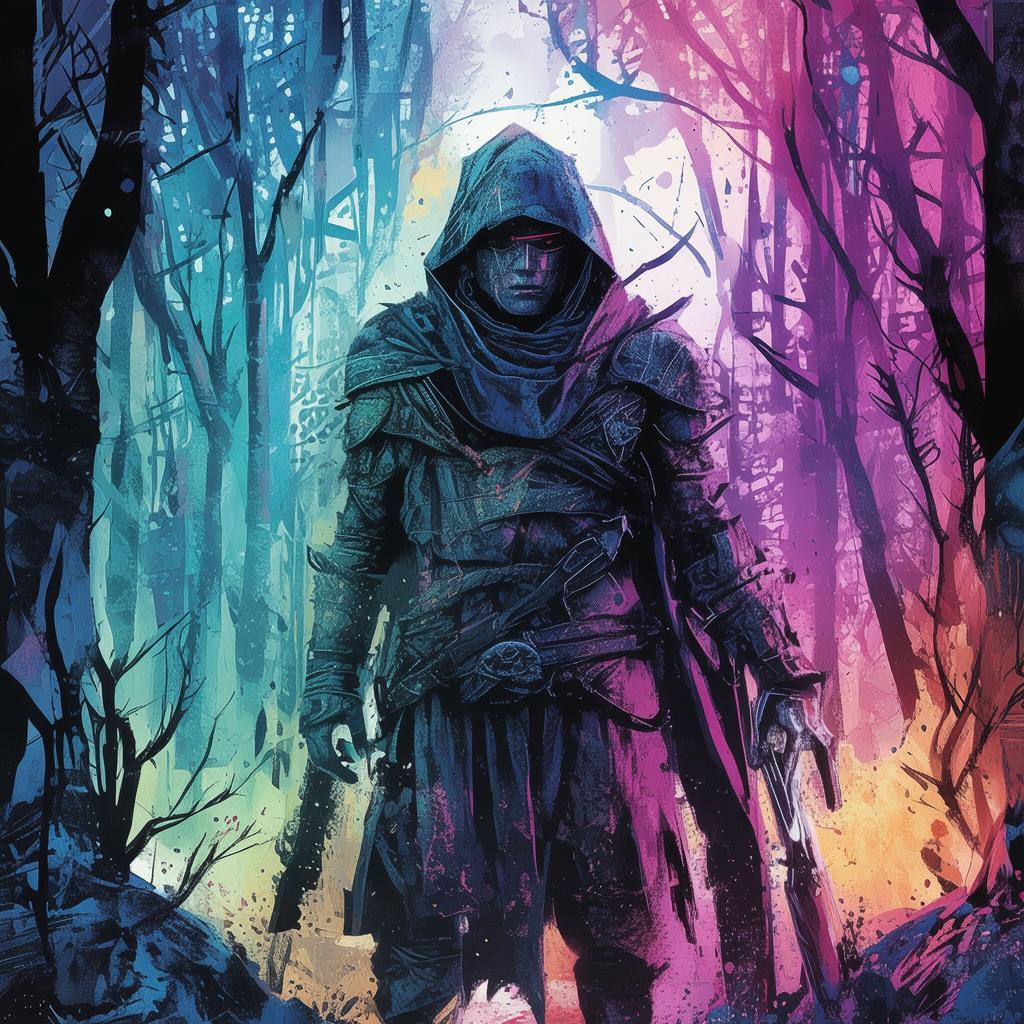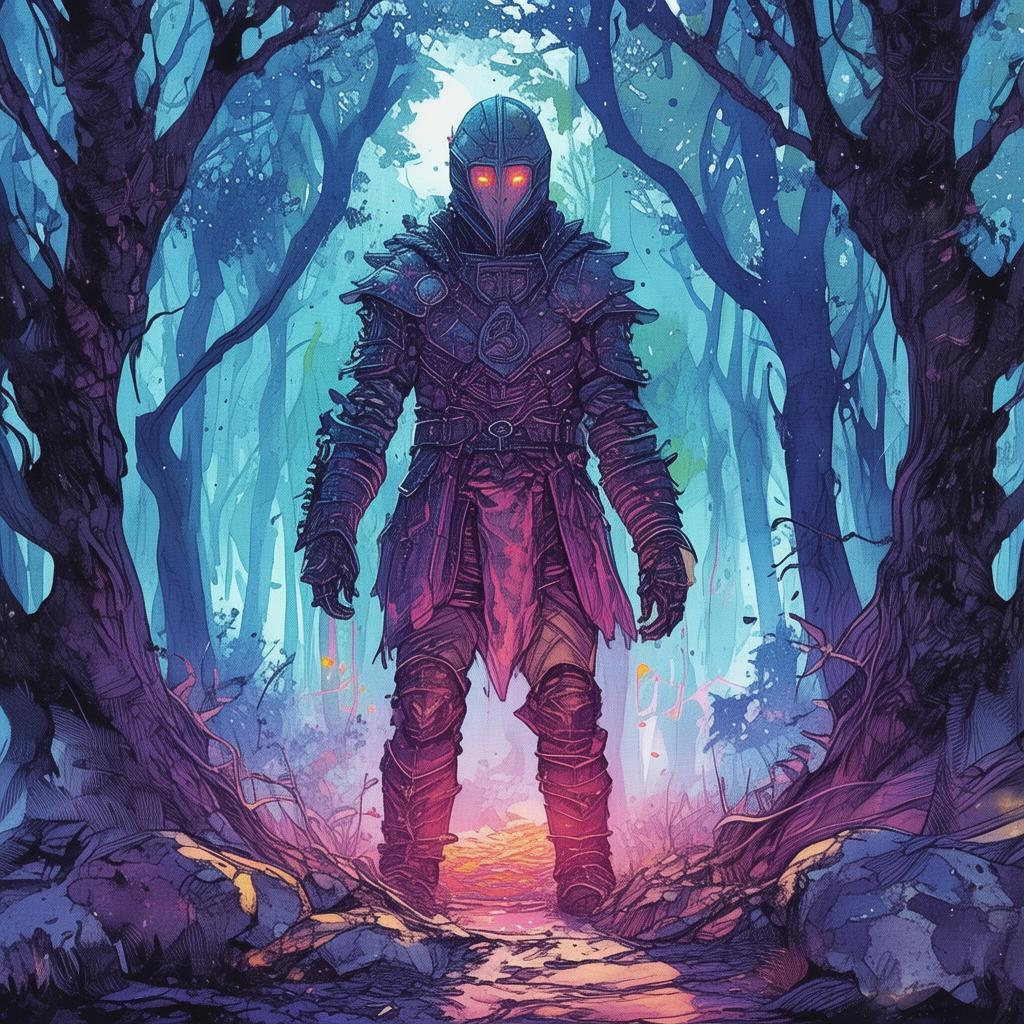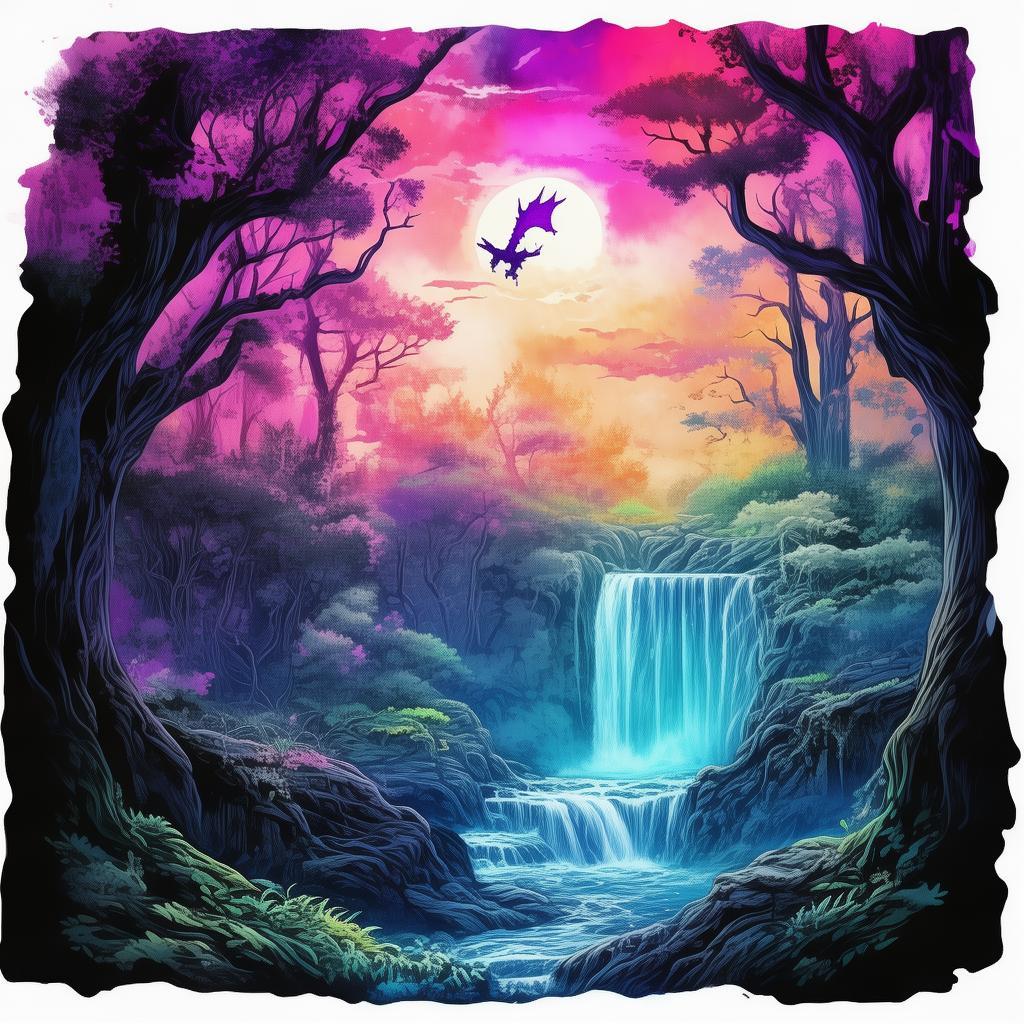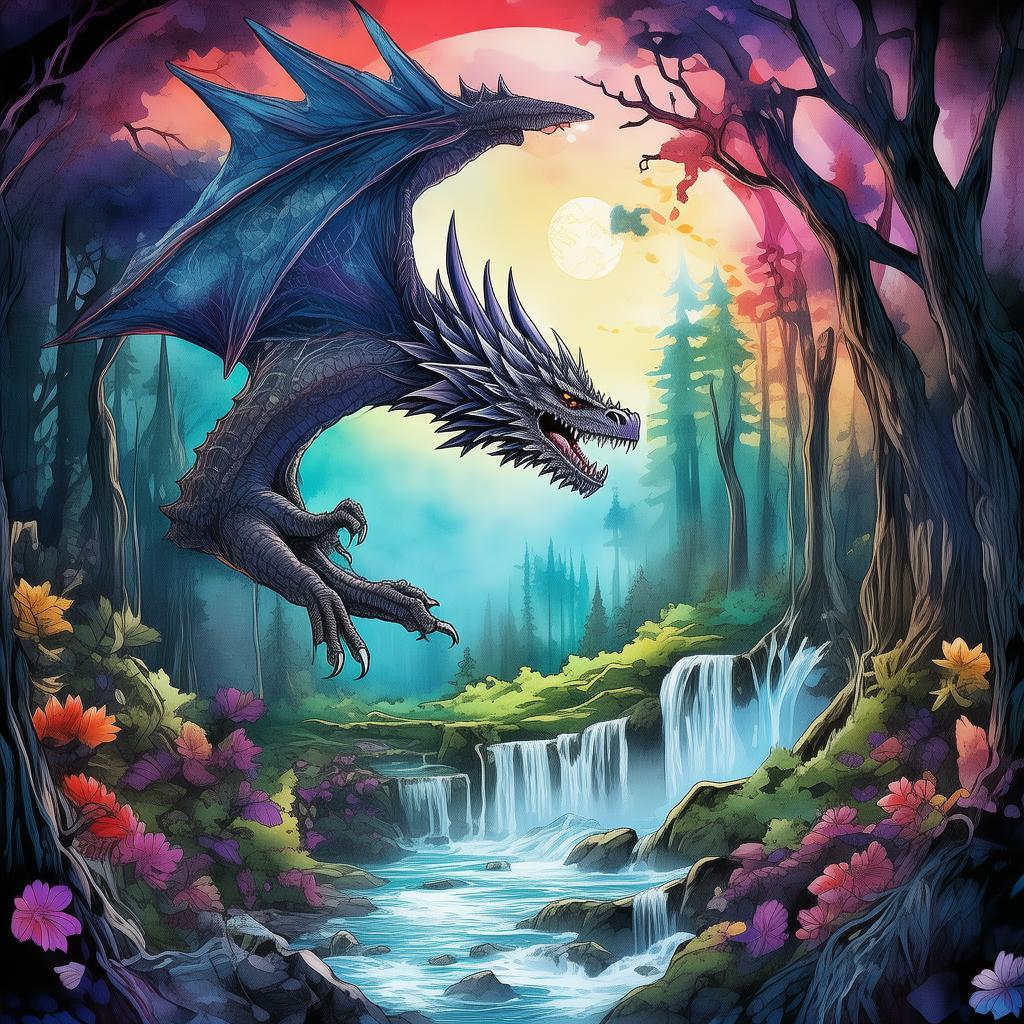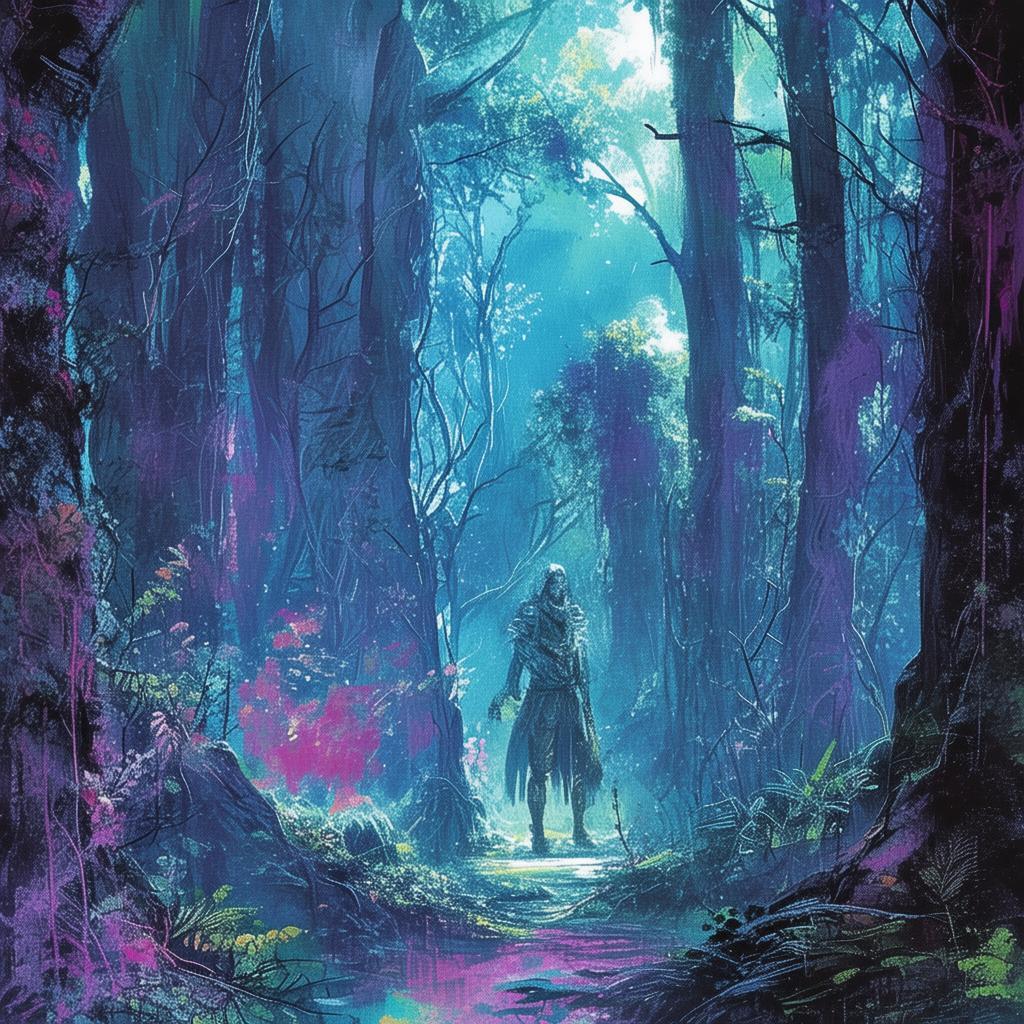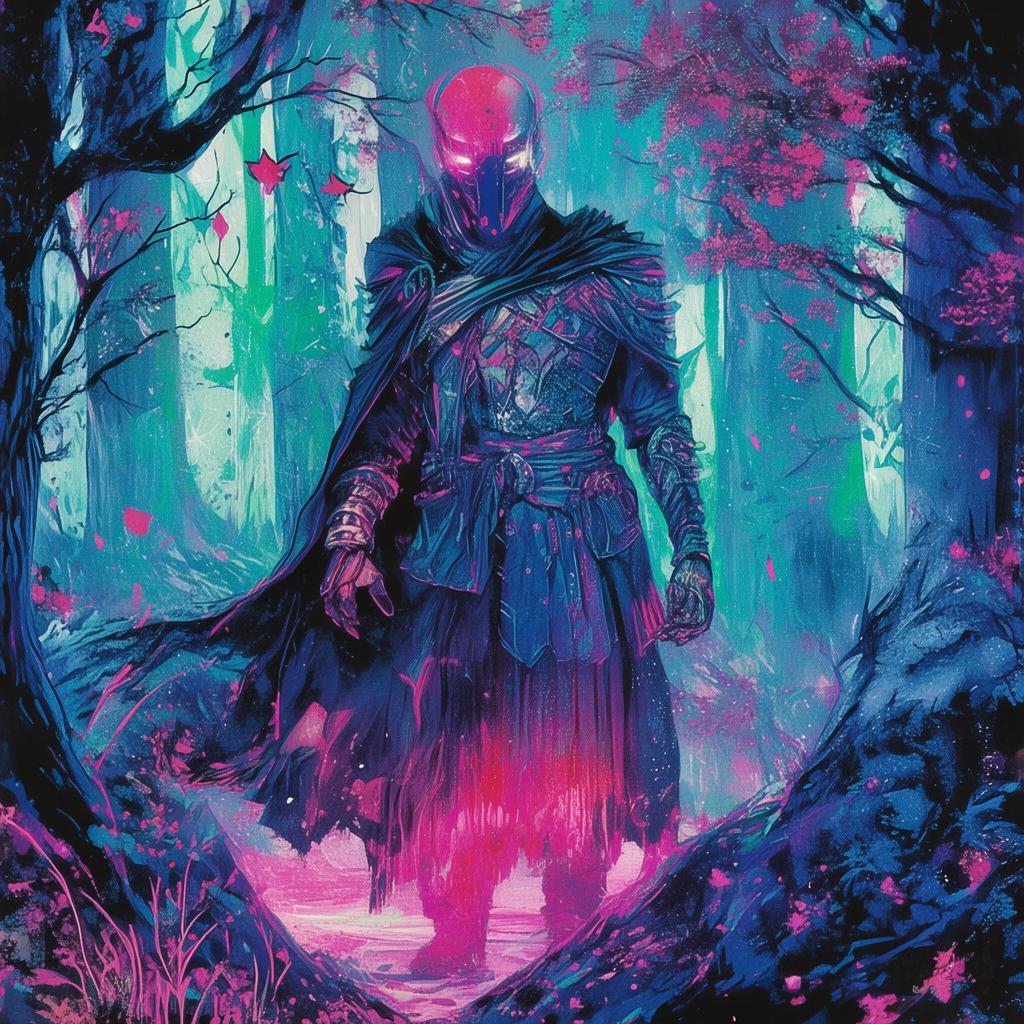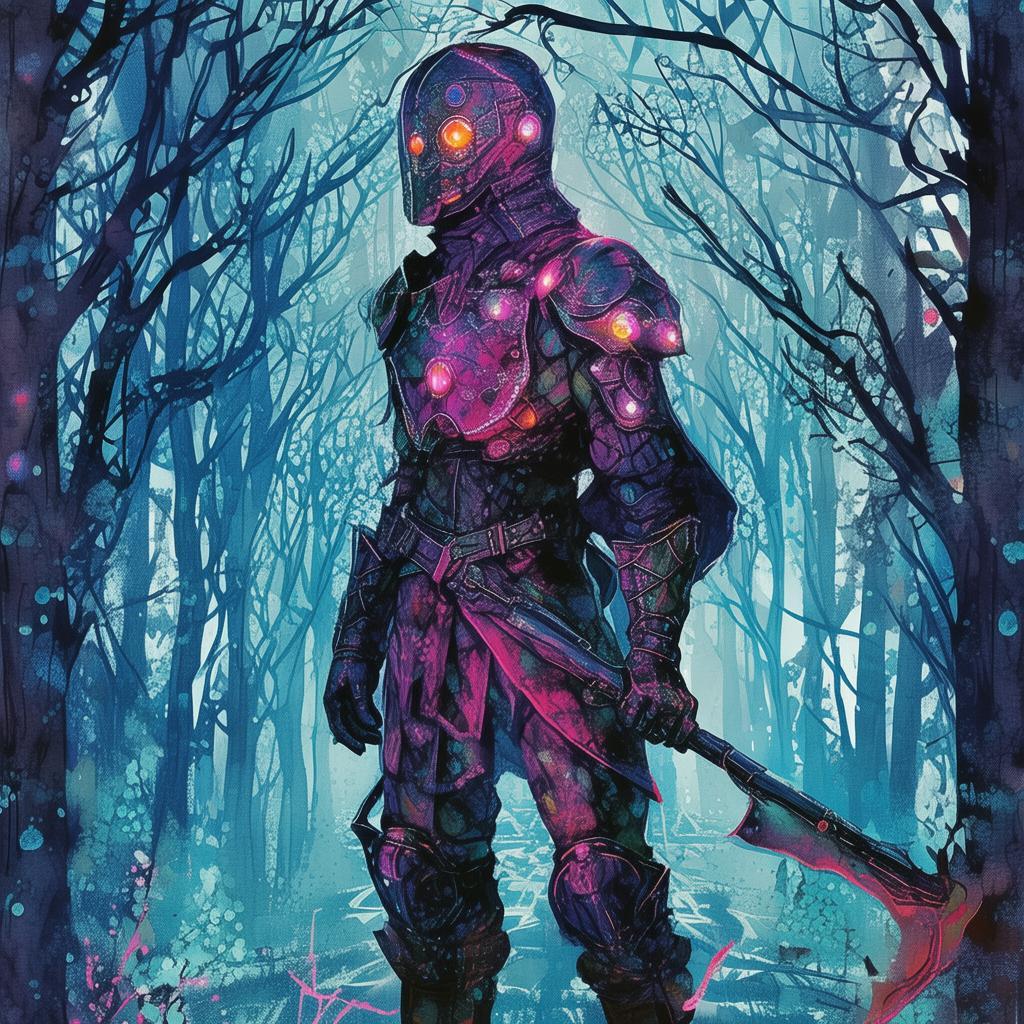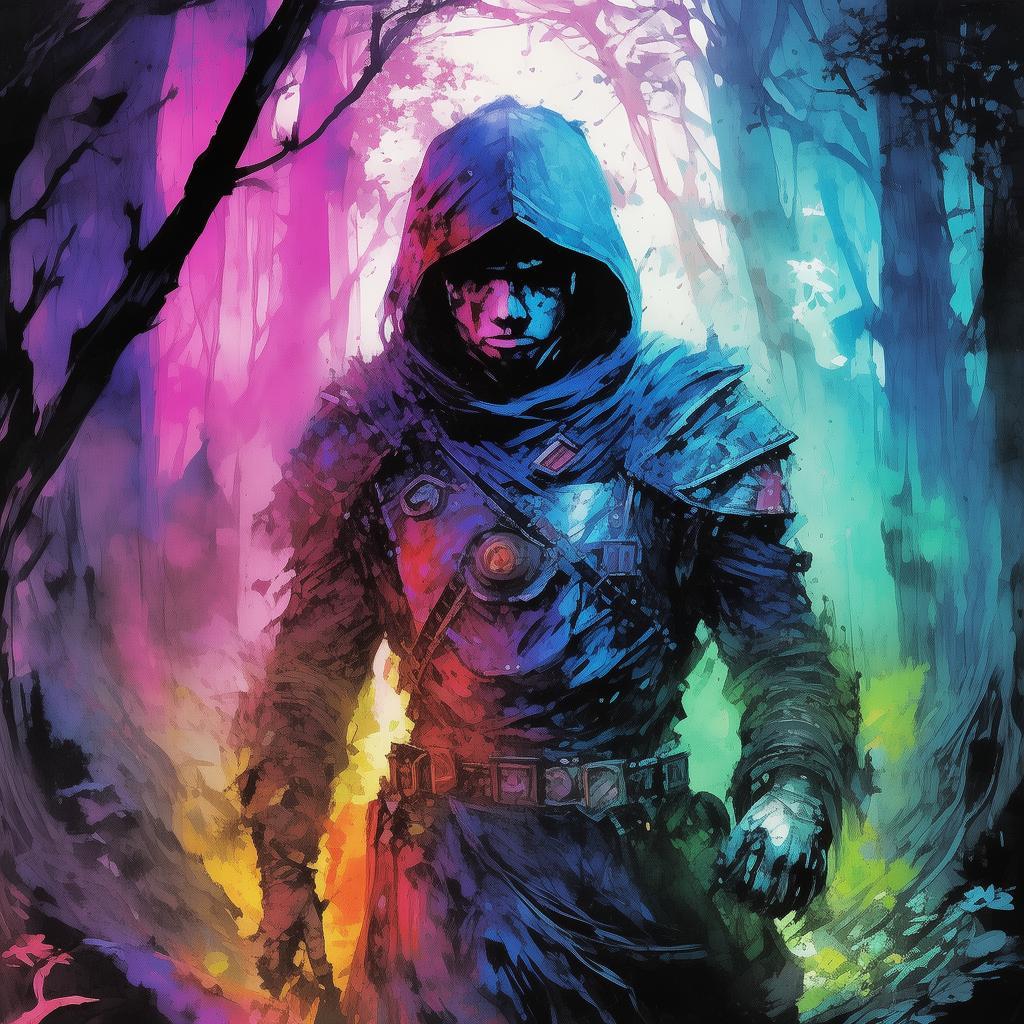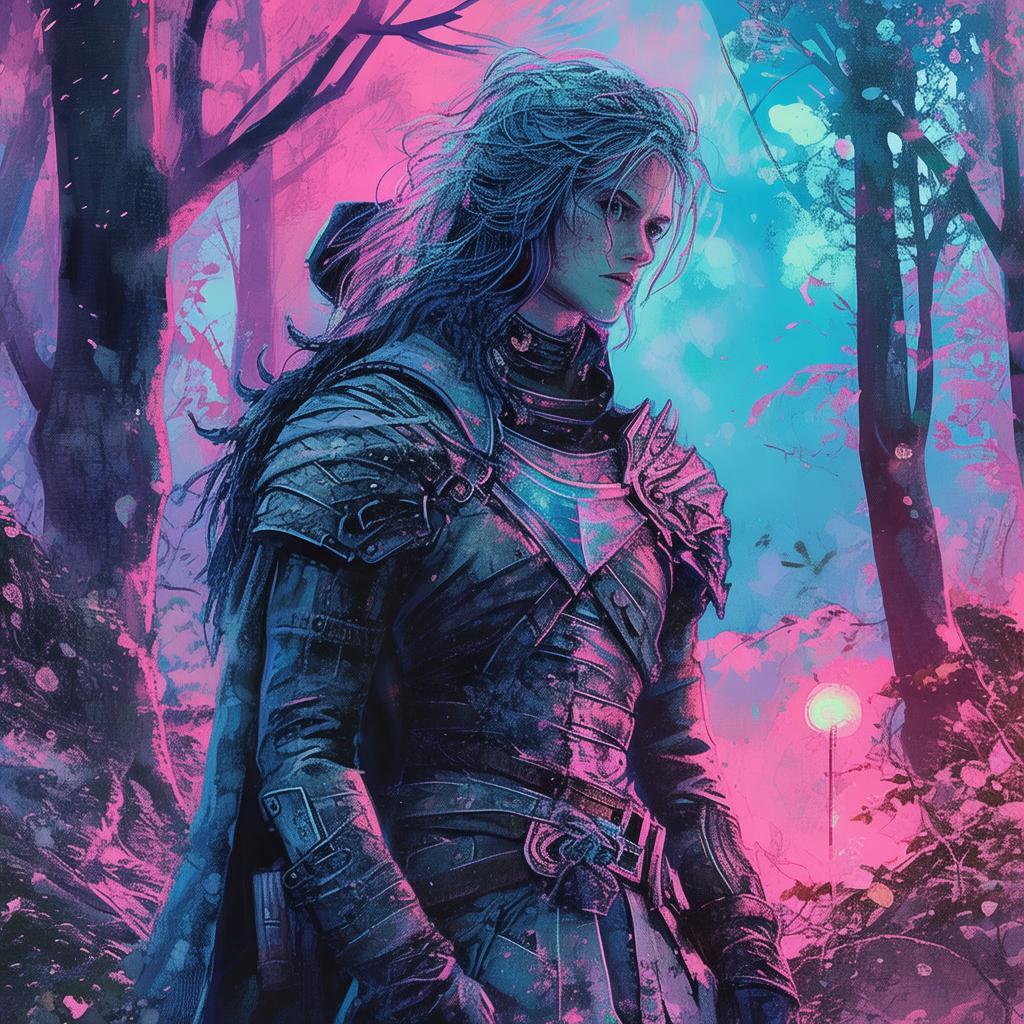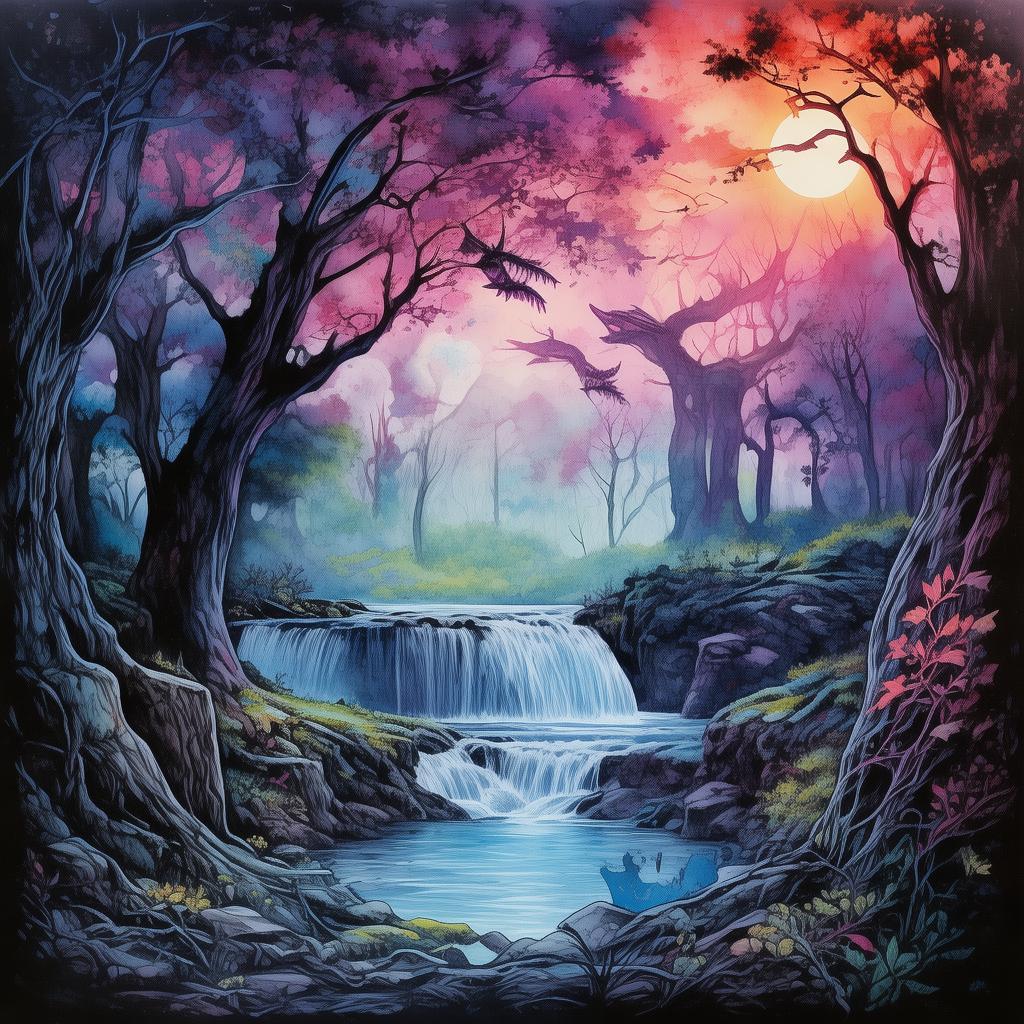The Enigma of the Etruscan Chef
In the heart of Tuscany, nestled between rolling hills and olive groves, there stood an old villa that had seen better days. Its once-grand facade was now overgrown with vines, and the windows were shrouded in dust and cobwebs. It was a place where time seemed to stand still, a relic of a bygone era.
But for Chef Enrico, a man known for his modern culinary prowess, the villa was a treasure trove of secrets waiting to be unearthed. His latest project was a series of exclusive dinners, each inspired by the cuisines of ancient civilizations. For his next venture, he had chosen the Etruscans, a mysterious people whose culinary traditions had been largely forgotten.
As Enrico delved into the historical records, he stumbled upon a tantalizing recipe for a ravioli that was said to be the centerpiece of a grand banquet in the Etruscan city of Cerveteri. The recipe was cryptic, filled with symbols and references to the gods and the afterlife. Intrigued, Enrico decided to recreate the dish, using only the ingredients that could be sourced from the local markets.
The night of the dinner was set, and the villa was transformed into a luxurious dining hall. The guests were a mix of scholars, food enthusiasts, and the curious, all eager to taste the Etruscan delicacy. Enrico stood at the head of the table, his eyes reflecting the anticipation.
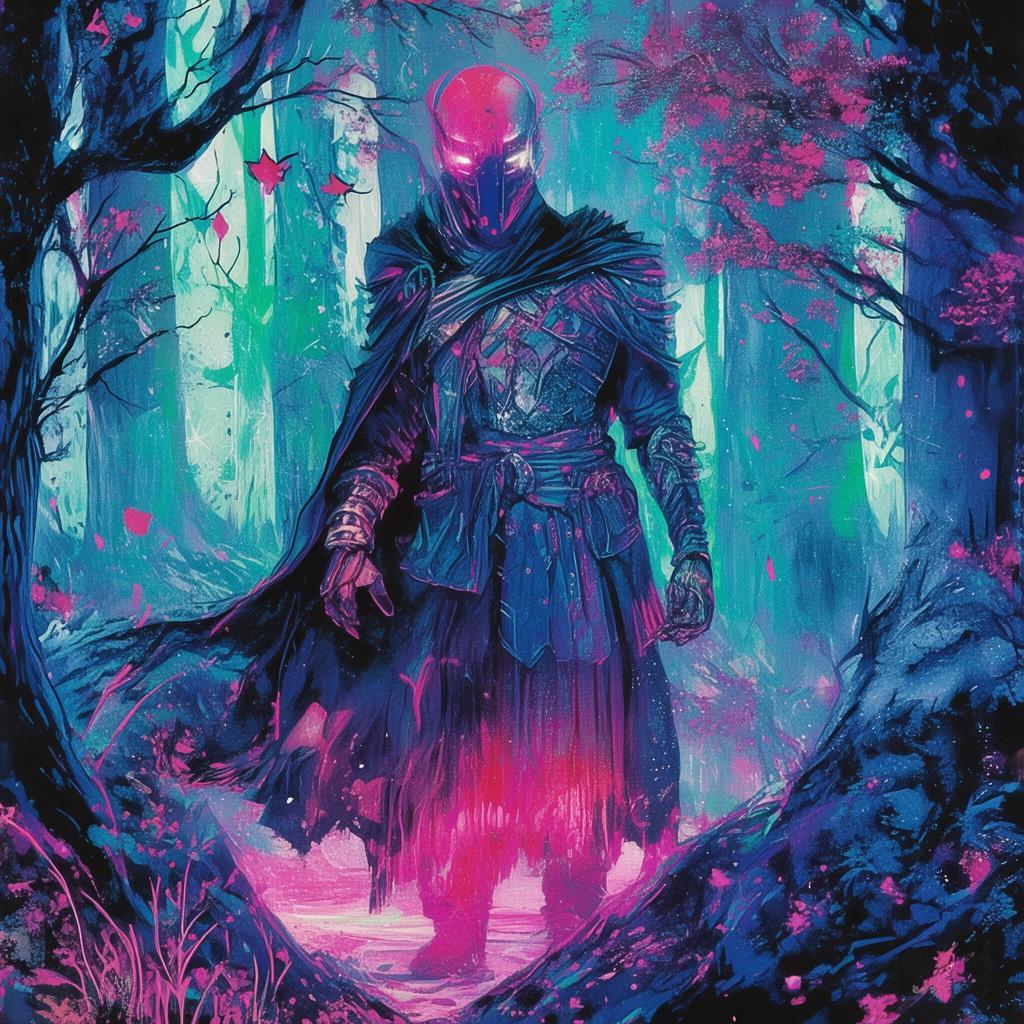
As the first course was served, Enrico felt a strange sensation. It was as if the air around him had thickened, and the sounds of the room had become muffled. He glanced around the table, but the guests were absorbed in their conversation and the food before them.
It was then that he noticed the ravioli. The pasta was delicate, with intricate patterns that seemed to tell a story. As he took a bite, a surge of flavors washed over him—rich, savory, and with an underlying sense of the divine. The ravioli was unlike anything he had ever tasted.
The sensation was overwhelming, and Enrico felt a strange connection to the ancient Etruscans. He couldn't shake the feeling that he was part of something much larger than himself. The guests around him seemed to share his experience, their faces alight with a sense of wonder.
As the night wore on, Enrico found himself drawn to the villa's library, a room filled with dusty tomes and ancient scrolls. He began to read, and soon he discovered that the ravioli recipe was just the beginning of a much deeper mystery.
The Etruscans, it seemed, had left behind a series of clues hidden within their culinary traditions. Each dish was a piece of a puzzle, leading to a secret that had been lost for centuries. Enrico realized that he had become the key to unlocking this enigma.
As he continued to unravel the mystery, Enrico found himself in increasingly dangerous situations. He was followed, threatened, and even captured by individuals who were determined to keep the secrets of the Etruscans hidden. But he was not alone. He had allies, some of whom were descendants of the Etruscans themselves.
The climax of the story came when Enrico discovered the location of the final clue, a hidden chamber beneath the villa. It was there, in the heart of the ancient Etruscan city, that he found the final piece of the puzzle. The chamber was filled with artifacts, including a scroll that contained the complete recipe for the ravioli, along with a message from the Etruscans.
The message was a warning, a caution that the secrets of the Etruscans could not be taken lightly. It spoke of the power of their knowledge and the danger it posed to those who sought to misuse it.
Enrico knew that he had to protect the knowledge of the Etruscans, but he also understood that the world was not ready for such secrets. He decided to keep the scroll hidden, knowing that the time would come when the world was ready to receive the wisdom of the ancient Etruscans.
As the villa began to fade into the twilight, Enrico felt a sense of peace. He had uncovered the secrets of the Etruscan chef, and in doing so, he had also discovered a part of himself that he never knew existed. The ravioli was more than a dish; it was a bridge to the past, a connection to a civilization that had long since vanished.
And so, as the sun dipped below the horizon, Enrico stood in the garden of the villa, looking out over the rolling hills of Tuscany. He knew that the enigma of the Etruscan chef was just the beginning of a journey that would span generations, a journey that would continue to unravel the mysteries of the ancient world.
✨ Original Statement ✨
All articles published on this website (including but not limited to text, images, videos, and other content) are original or authorized for reposting and are protected by relevant laws. Without the explicit written permission of this website, no individual or organization may copy, modify, repost, or use the content for commercial purposes.
If you need to quote or cooperate, please contact this site for authorization. We reserve the right to pursue legal responsibility for any unauthorized use.
Hereby declared.
